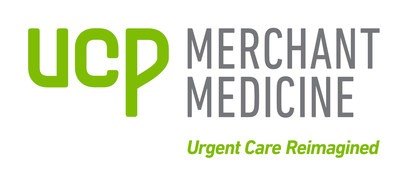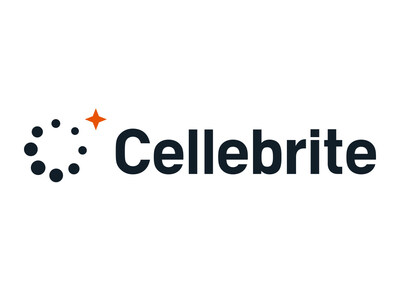Gesund.ai Partners with VALID AI and U.S. AI Safety Institute Consortium to Promote Development and Deployment of Trustworthy Medical Artificial Intelligence
Press Releases
Feb 26, 2024
Gesund.ai’s platform validates medical AI models for safety, effectiveness, and health equity in order to accelerate and improve responsible use of AI in the clinic and in drug development.
CAMBRIDGE, Mass., Feb. 26, 2024 /PRNewswire/ — Gesund.ai, the company ensuring that medical artificial intelligence (AI) is safe and effective for all, today announced it has joined both VALID AI and the U.S. Artificial Intelligence Safety Institute Consortium (AISIC) as a member. The partnerships allow Gesund.ai to power the validation infrastructure for VALID AI member health systems, while working closely alongside government bodies like the Department of Commerce to help establish best practices for using medical AI.
Founded by a collective of more than 30 health systems, plans, research, and technology partners, VALID AI is a collaborative effort to help health care organizations execute on generative AI initiatives by establishing best practices and use cases within a clinical environment. VALID AI stands for Vision, Alignment, Learning, Implementation, and Dissemination of Validated Generative AI in Healthcare. The collective states that “Gen AI is a watershed moment in health care, but fewer than 1 in 10 health care organizations have concrete plans in place for execution. VALID AI hopes to help bridge this gap.”
Gesund helps providers close the gap between aspiration and execution due to its framework-agnostic AI validation platform that allows providers to get started on adopting third party AI models and/or developing their own medical AI solutions now while maintaining the ability to adapt later down the road with minimal friction. Gesund.ai’s platform turbo charges teams who want to do rapid blind spot detection, granular bias analysis, and who want to know for which patient cohorts the AI is best-suited.
“By embracing open innovation and radical collaboration, health care organizations of all sizes can lead the charge in creating value from Gen AI in a responsible manner,” said Ashish Atreja, CIO and chief digital health officer at UC Davis Health — a founding health system of VALID AI.
The AISIC brings together a consortium of AI creators, academics, government and industry researchers, and civil society organizations in support of the development and deployment of safe and trustworthy AI. It represents the largest collection of test and evaluation teams established to date and will focus on establishing the foundations for a new measurement science in AI safety.
“AI is moving the world into very new territory. And like every new technology, or every new application of technology, we need to know how to measure its capabilities, its limitations, its impacts. That is why NIST brings together these incredible collaborations of representatives from industry, academia, civil society and the government, all coming together to tackle challenges that are of national importance,” said Laurie E. Locascio, Under Secretary of Commerce for Standards and Technology and NIST Director.
“Medical AI has the potential to fundamentally change virtually every facet of the healthcare industry, but with so much rapid innovation, it’s imperative that guardrails be put in place to ensure trust, safety, and patient equity,” said Enes Hosgor, Ph.D., founder & CEO of Gesund. “We are honored to join both organizations in their respective missions to develop and deploy responsible medical AI, and are excited to provide Gesund’s world-class model validation platform to support those efforts.”
Following the announcement last fall that Gesund joined the White House Cancer Moonshot initiative, CancerX, the company is announcing it will also participate in the CancerX Accelerator’s inaugural cohort. CancerX is a public-private partnership to boost innovation in the fight against cancer. Co-hosted by the Moffitt Cancer Center and Digital Medicine Society (DiMe), alongside the Office for the National Coordinator for Health Information Technology (ONC), and Office of the Assistant Secretary for Health (OASH), it convenes the many diverse stakeholders needed to unleash the power of innovation to reduce the burden of cancer for everyone.
About Gesund.ai
Gesund is the world’s first AI assurance platform in healthcare on a mission to help bring clinical-grade AI solutions to market. Gesund uses its platform to deliver industry-leading independent third party validation of medical AI for pharma and medical device companies. Backed by marquee investors including Merck, McKesson, Northpond and 500, Gesund orchestrates the entire AI/ML lifecycle for all stakeholders by bringing models, data and experts together in a no-code environment. Its pioneering AI-native platform can be deployed on-prem, air-gapped, or in the cloud, which enables faster engagement with healthcare providers and board-certified physician experts. To learn more visit www.gesund.ai.
James Christopherson
PR Manager
Gesund.ai
[email protected]
This release was issued through WebWire®. For more information, visit http://www.webwire.com.
SOURCE Gesund.ai




